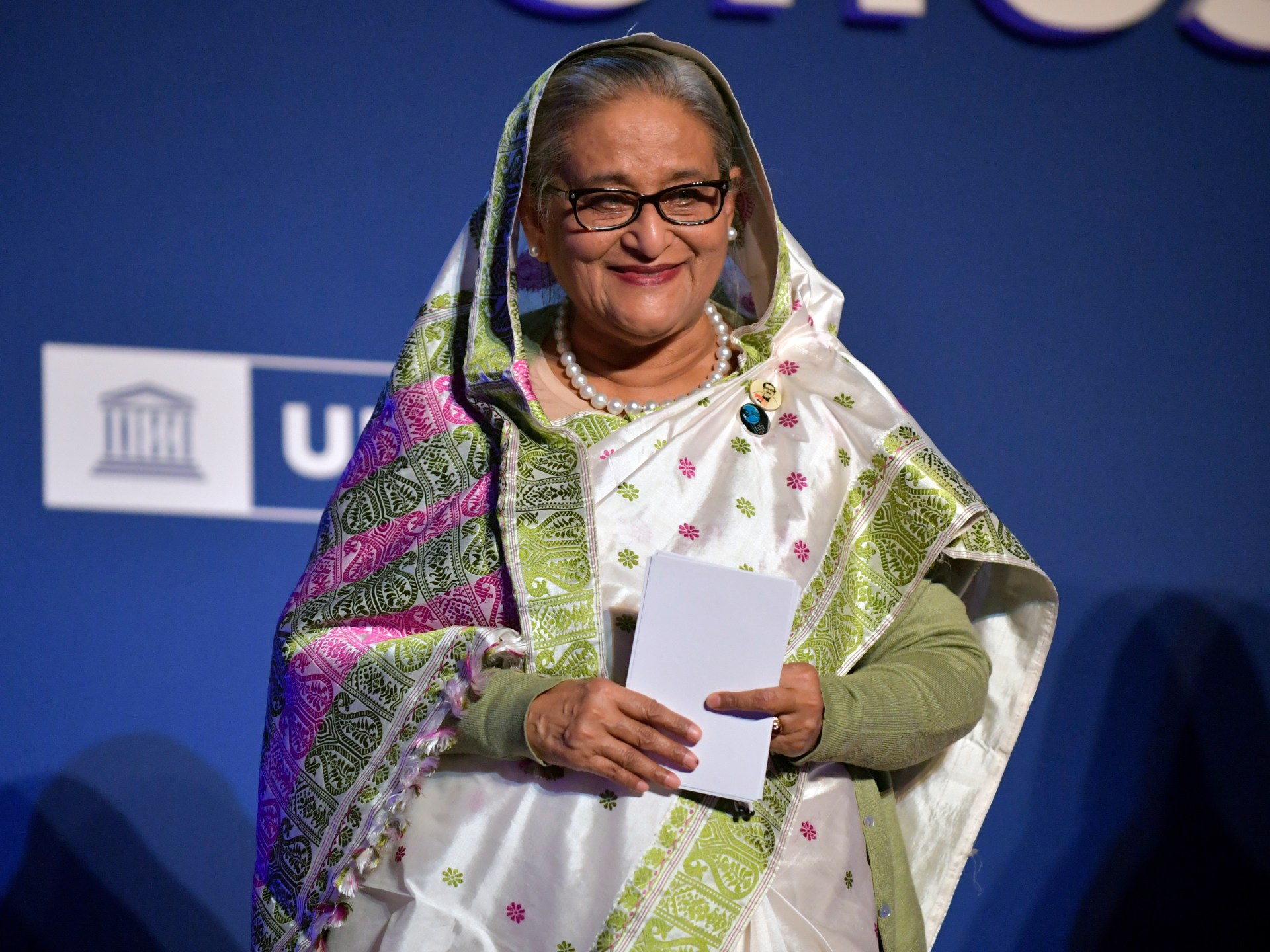Bangladesh Prime Minister Sheikh Hasina is the world's longest-serving prime minister, having ruled for two decades and is expected to win elections early next year.
During her two decades as prime minister, she led her government's efforts to alleviate poverty in her country of 170 million people, raising average annual GDP growth by 7% for most of that period.
But Hasina's tragic past, dubbed "Asia's Iron Woman" by The Economist, and its impact on the way she runs the country's affairs could cast a dark shadow over Bangladesh's elections early next year.
Hasina led her Awami League party to victory in 4 elections, 3 of them in a row, beating the late Prime Minister of Pakistan Indira Gandhi and former British Prime Minister Margaret Thatcher.
They worry Bengalis
During an interview with The Economist, the Prime Minister of Bangladesh responded to a question about her unfulfilled ambitions, that she aspires to eradicate hunger and poverty in her country and make it a developed country, but she quickly suddenly got off topic, asking the reporter, "Can you imagine that they killed my father?" , referring to her tragic past that casts a shadow over her career.
"They killed my brother, my mother, my other brother who is only 10 years old, my sister-in-law, and my only disabled uncle!"
Hasina chose to start the interview by talking about the assassination of her father, Bangladesh's founder and former president, Sheikh Mujibur Rahman, who was assassinated by Bangladeshi officers on August 15, 1975 and the entire family, and she and her sister Rayhana survived because they were abroad at the time.
The Economist reporter who interviewed her said the question now haunting Bengalis is whether their leader's feelings of injustice and a sense of entitlement to the position, being part of a family that once ruled the country, pose a threat to her legacy and the future of their country.
Repression and confiscation of freedoms
"No politician likes criticism. But the prime minister is upset by the slightest indication that her record is not perfect. She responds quickly with fiery criticism of almost all but her own governments that have ruled Bangladesh."
Before Hasina was re-elected prime minister in 2008, her party and the Bangladesh National Party (BNP), headed by powerful politician Khalida Zia, were successive in power.
State institutions, including the media, police and courts, enjoyed a good level of independence in the period when political parties rotated power.
But Khalida Zia is now under house arrest from time to time, persecuted along with her party activists, the media is harassed and intimidated, and both the police and the judiciary system, which has become the country's most corrupt body, have been subjugated by Sheikh Hasina's party.
Although the Bangladesh prime minister claimed during the interview that she was committed to free elections, she said that only "genuine political parties" should be allowed to participate in the elections, and that their opponents did not meet those standards.
According to the magazine, Sheikh Hasina accused the Bangladesh National Party, which was formed under military rule half a century ago, of being "illegally formed by a military ruler".
It also claimed that the leaders of the country's largest Islamist party "are almost all war criminals," adding that "from our point of view no party (meets those criteria) can really run in elections."
The prime minister, who insists she has no intention of leaving office and retire, is becoming increasingly dictatorial, discontent with her rule is growing among the public, and rights groups warn that the upcoming elections will be violent.

